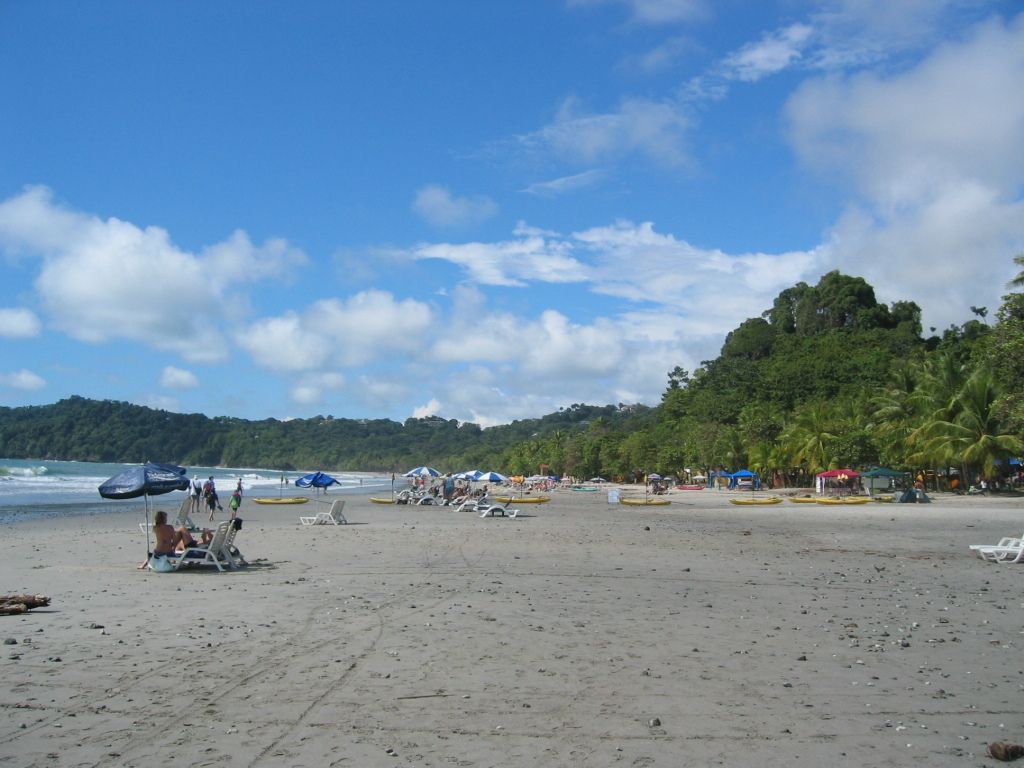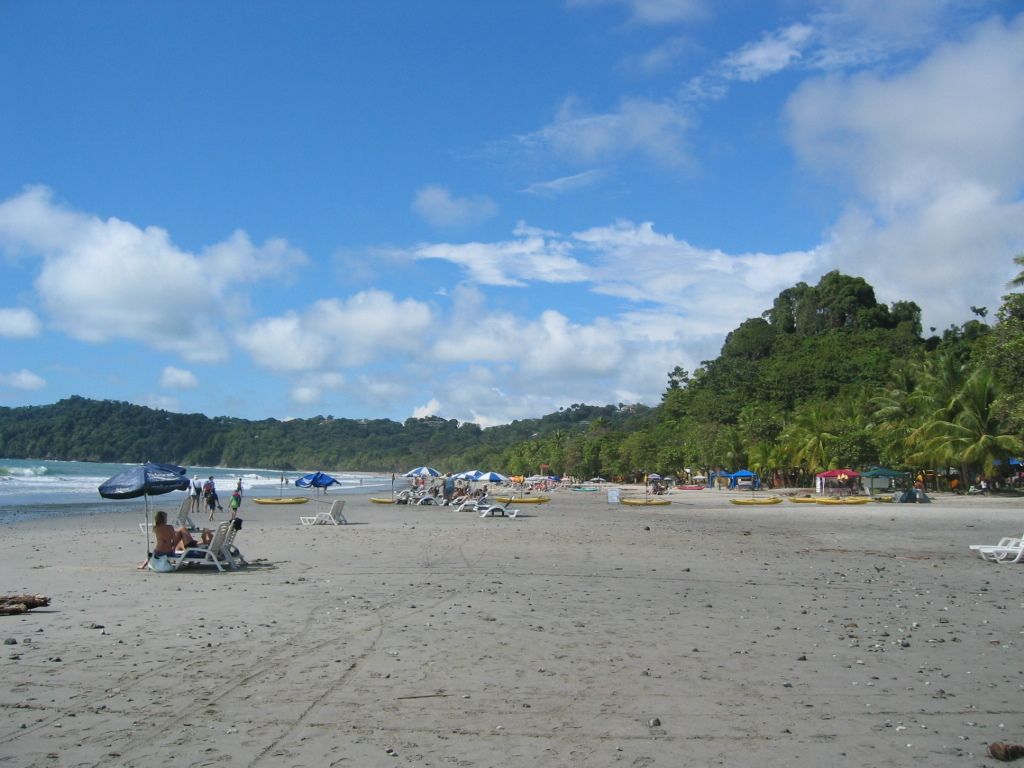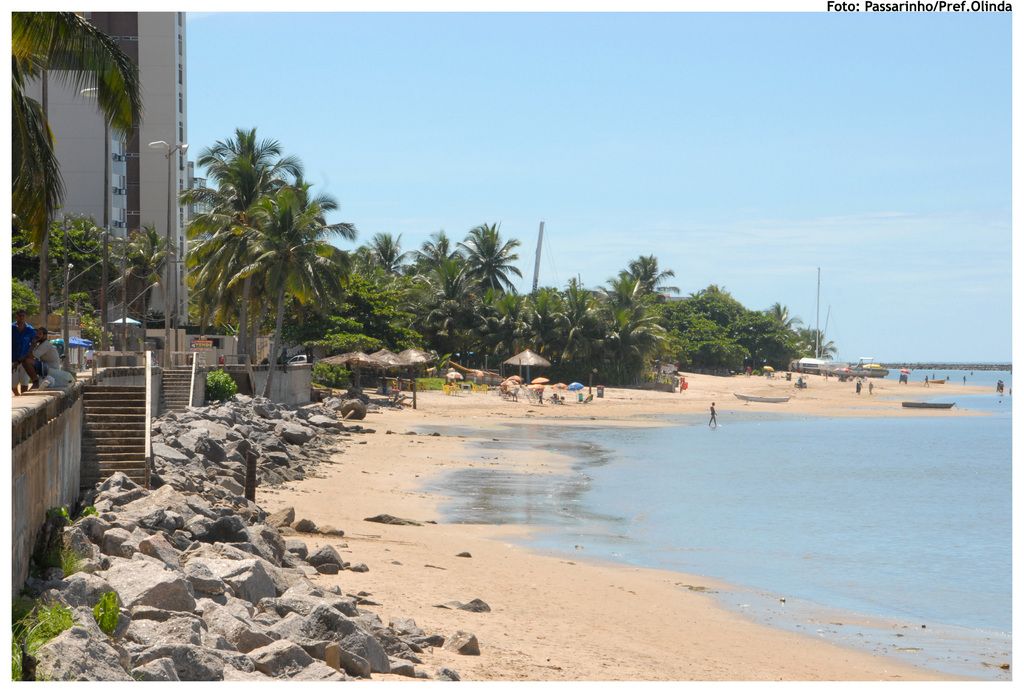A route to securing the economical leadership for every Korean citizen
Article Title: New Korean President Lee Jae-myung's Economic Agenda: A Boost for Growth and Structural Change
Embrace the new economic era with President Lee Jae-myung at the helm! The Kospi reached an impressive 2,831.11 on June 5th, 2025, making it the highest figure of the year, following Lee's inauguration. Here's a glimpse into the economic strategies that the fearless leader has crafted to steer Korea towards a prosperous future.
Expansionary Fiscal Policies: Stimulus and Public Investment
As part of Lee's economic roadmap, expect a colossal supplementary budget, estimated at around KRW 40-45 trillion. This sizable fund will fuel immediate economic stimulus, largely allocated for household support programs (cash handouts and shopping vouchers) and local economies' revival[1][4].
The upcoming year's main budget will also prioritize growth through public spending, with substantial investments in areas like AI and R&D[1][5]. The strategy aims to breathe new life into sectors that will propel Korea into a technological powerhouse.
Centralization of Economic Policymaking: Closer to the People's Voice
Lee has wisely assembled an economic team that advocates growth through public spending, and strategically centralized budget planning under the presidential office. Key financial posts, such as the finance minister, remain vacant for the time being[4]. This reorganization prioritizes swift decision-making, ensuring that fiscal policy aligns with the president's vision[4].
Property Market and Construction Sector Reforms: A Balancing Act
The new administration acknowledges the construction sector's over-investment in the post-pandemic period and the ongoing growth drags in the domestic economy. Therefore, Lee's government plans to:
- Increase housing supply in metropolitan Seoul.
- Ease mortgage rules and offer tax incentives for markets outside the capital while maintaining macroprudential measures to curb excessive household debt[1].
- Cater to economically vulnerable individuals and younger generations but remain cautious about regulatory easing[1].
Industrial Policy and Long-Term Growth: National Priorities and Competitiveness
Lee's economic strategy revolves around a strong industrial policy designed to strengthen national priority sectors such as artificial intelligence, biohealth, digital content, and national defense[5]. By focusing on these areas, the administration aims to boost industrial competitiveness and ensure middle-class security—the foundation of national resilience and economic revitalization[3][5].
Governance and Oversight: Building Democracy, Enhancing Accountability
Under Lee's leadership, fiscal policy will face increased democratic oversight, with enhanced scrutiny from the presidential office to ensure good governance[4]. The focus on smart policymaking and accountability aims at restoring integrity within the Ministry of Economy and Finance.
[1] JoongAng Ilbo[2] Korea JoongAng Daily[3] Chosun Ilbo[4] Yonhap News Agency[5] Korea Herald
- The new Korean President Lee Jae-myung's economic agenda foresees an expansionary fiscal policy with a substantial supplementary budget of approximately KRW 40-45 trillion to stimulate immediate economic growth and fund household support programs and local economies' revival.
- In the upcoming year, the main budget will prioritize growth through public spending, with significant investments allocated for AI and R&D, aiming to propel Korea into a technological powerhouse.
- The new administration plans to reform the property market and construction sector by increasing housing supply in metropolitan Seoul, easing mortgage rules, and offering tax incentives for markets outside the capital while maintaining measures to control excessive household debt.
- To ensure good governance and accountability, President Lee's fiscal policy will face increased democratic oversight with enhanced scrutiny from the presidential office, striving to restore integrity within the Ministry of Economy and Finance.








